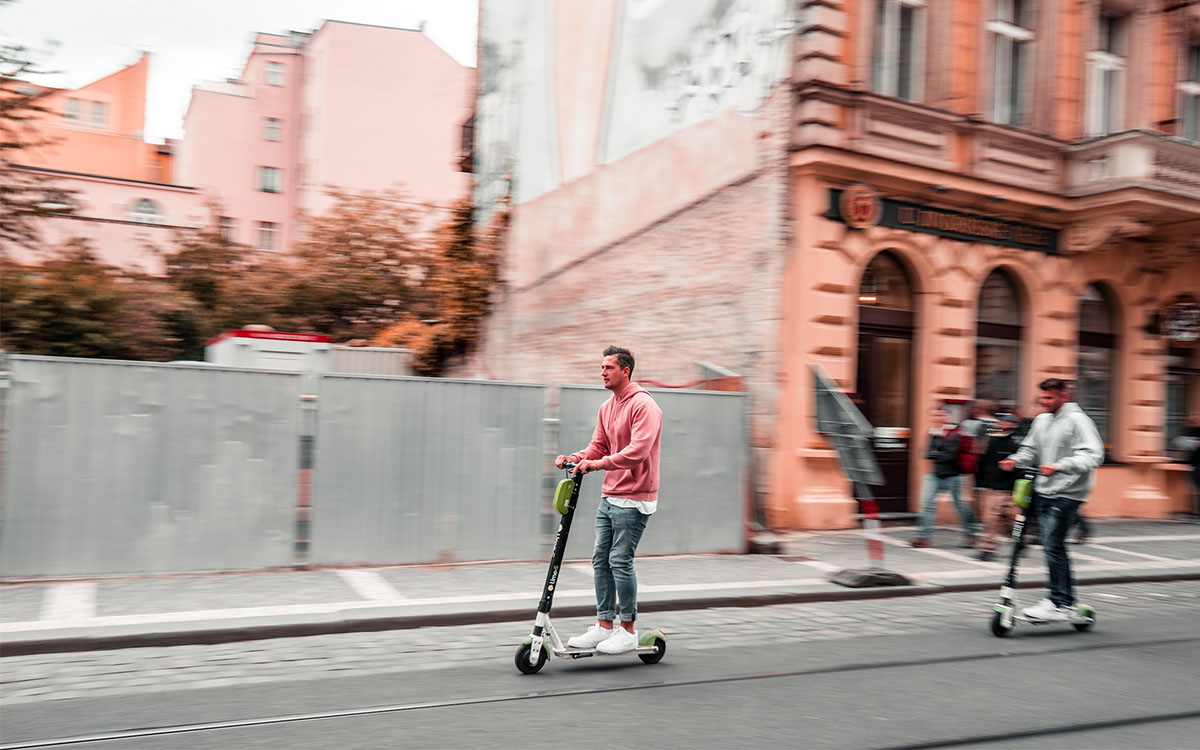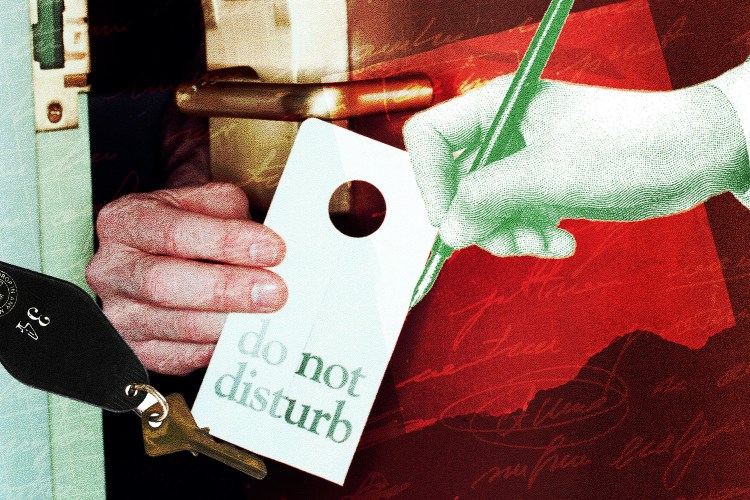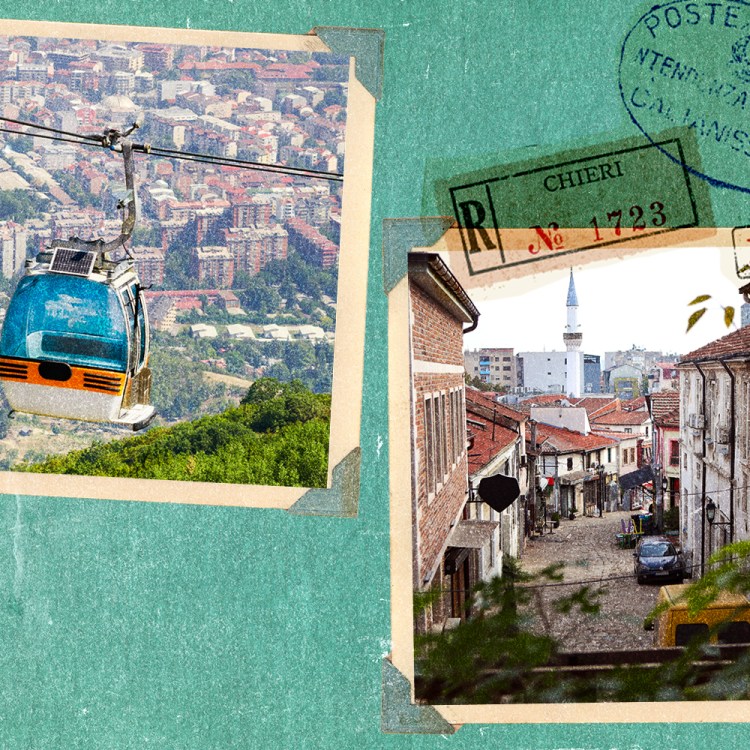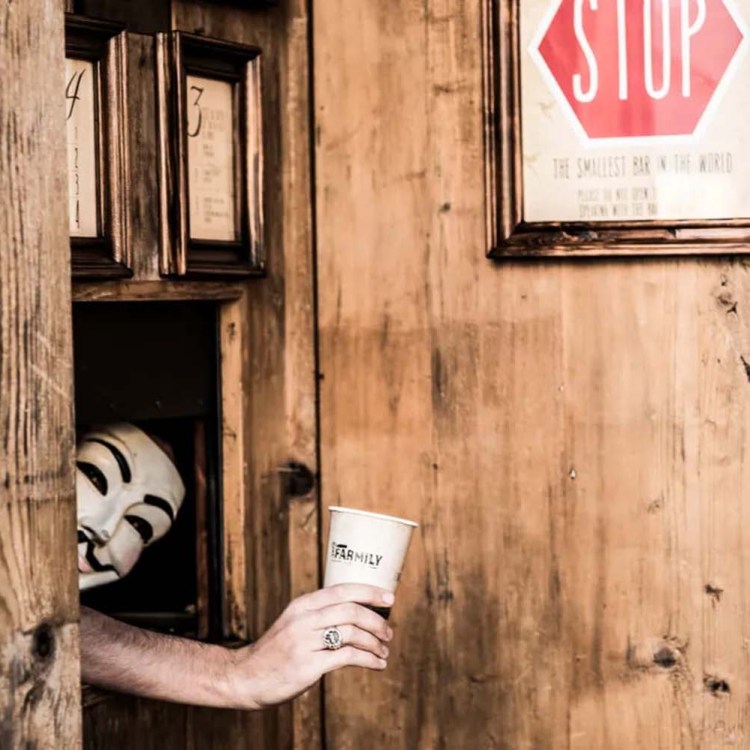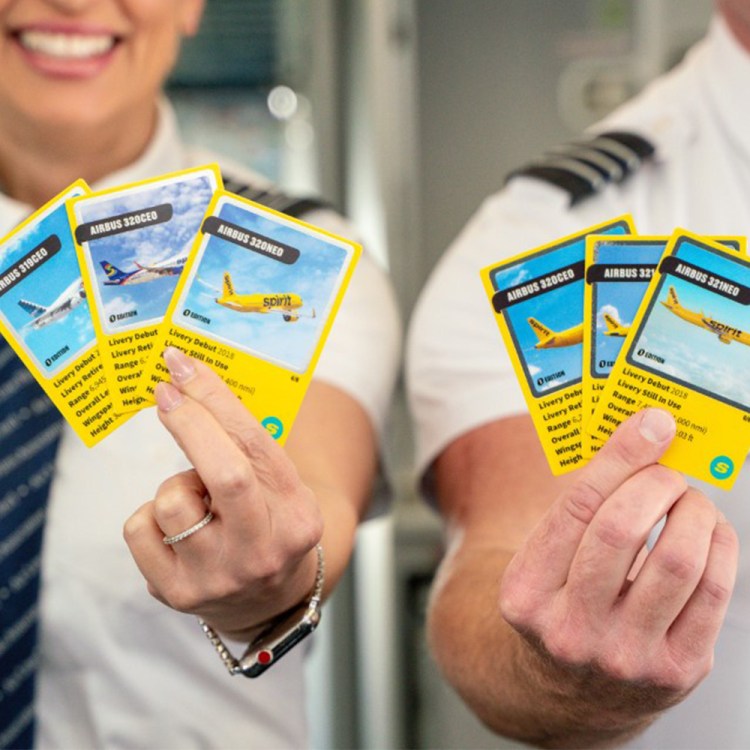Over the last two years and change, electric scooters have slowly occupied the sidewalks of cities across America.
On its face, the phenomenon feels like the idea of a fourth-grader made mayor for the day. The scooters are bright-colored, with silly one-word names (Bird, Lime, Jump, Scoot, Skip, Spin). They cruise at up to 15 mph with a twist of the handlebar throttle, and arrived seemingly without any required training or explicitly stated rules — no helmets, no lanes, no need to observe local traffic. I recently zipped around Indianapolis on a Lime, and ended up participating in a series of “races” with friends in an empty parking lot.
While we had a lot of fun (I came in second), I’m wise enough to recognize some inherent issues with that afternoon.
Parking-lot races were not the intention when Silicon Valley brought scooter-sharing to market in 2017. The service was supposed to be a natural next step in the “micro-mobility” industry, another solution to the problem of “last mile” commuting (that is, covering the distance between your office and wherever your train/bus/carpool drops you off). And the infrastructure for the concept is actually pretty solid.
Unlocking and using a scooter doesn’t really vary from city to city or service to service. It follows a standard routine: A) find a scooter, B) open your corresponding app and scan the QR code, C) ride where you need to go, and D) lock the scooter by taking a picture of the QR code. You’re charged a set $1 fee for renting a scooter, plus a plus a per-minute rate.
Because the scooters are dockless, each city has a small army of contracted “chargers” who collect dead scooters and charge them, often overnight. Oh, and there are rules if you want to ride, they just aren’t very strictly enforced as of yet: riders should be at least 18 years old, have a driver’s license, ride alone and wear a helmet.
But people are treating these rules like loose guidelines, and it’s given cities across the country serious headaches — and heartache. A recent Consumer Reports study found eight deaths since the fall of 2017 directly related to e-scooters, and a whopping 1,500 injuries. I have a friend who works in the head trauma unit at San Francisco General who said he sees patients for scooter accidents at least once a week. Unsurprisingly, there’s no manual or short video you have to read before firing up an e-scooter. As long as you’ve scanned the QR code, the thing is on. And anyone, even a 13-year-old, can just hop on.
Ill-prepared riders aren’t just a danger to themselves: they can be a menace to other actors on the roads, from pedestrians to bikers to food-delivery drivers to trucks with blind spots. Last year, San Francisco decided enough was enough, and banned the scooters altogether. They eventually relented, and staged a “permitting process,” through which the city decided just two companies — Skip (owned by the guys behind Boosted Board) and Scoot (recently acquired by Bird) — could maintain a fleet in the city.
Skip and Scoot won over SF for their commitment to safety, governmental collaboration and their willingness to introduce the scooters incrementally. (The first influx was only about 600 total.) That permitting process is currently underway in Manhattan. New York State recently legalized e-scooters and e-bikes, and they’ll hit four of the five boroughs next spring, while introducing the scooters to Manhattan, for obvious reasons, will take a little more time.
Meanwhile, smaller cities have steadily introduced reactionary measures to address scooter issues on their streets. Atlanta recently imposed a nighttime ban on the use of any e-bike or e-scooter following the fourth fatality of a rider in the city’s metro area. In June, the mayor of Nashville sent a letter to seven different scooter operators, informing them (and then all of Twitter) of his plan to ban the machines from Nashville streets. In San Antonio, Uber recently called back its supply of e-scooters (Jump) and decided to set its sights elsewhere, after the city announced its plan to decrease permits. In Portland, there’s a bizarre brand of vigilante justice going on, where residents (in a very green city, no less!) were so fed up with the scooters they started chucking them in the Willamette River.
Some of that anger is understandable. If you’ve been to Austin recently, or Baltimore, or any number of smaller cities with lots of bars and rowdy college kids, you’ve probably seen some inebriated hooligans operating e-scooters with less-than-satisfactory competency. That’s no doubt what fueled Nashville’s sharp response (a rider died there two months ago with twice the legal amount of alcohol in his system), and could lead to action in a city like San Diego, where the University of San Diego Medical Center has admitted 42 people with severe injuries from scooter accidents. Nearly half of them had a BAC level above the legal limit.
There isn’t an obvious solution here for cities. They can’t all just get rid of e-scooters. The secret’s out on them, and for every psycho chucking them off a bridge, another 10 people have come to rely on them for commuting. It’s the recreational, sightseeing, day-drinking-fueled usage, though, that needs to be put under the microscope. We can’t have people unfamiliar with local streets cranking these things around sidewalks like two-wheeled jet-skis.
Until better legislation arrives, my advice (and yes, I understand I participated in an e-scooter race not three weeks ago) is to chill out. When you rent a ride-share bike you wouldn’t take it through a pedestrian mall. The same goes for e-scooters: stay safe, stay in bike lanes where they exist, wear or bring a helmet, and don’t let your kids anywhere near them.
This article appeared in an InsideHook newsletter. Sign up for free to get more on travel, wellness, style, drinking, and culture.
